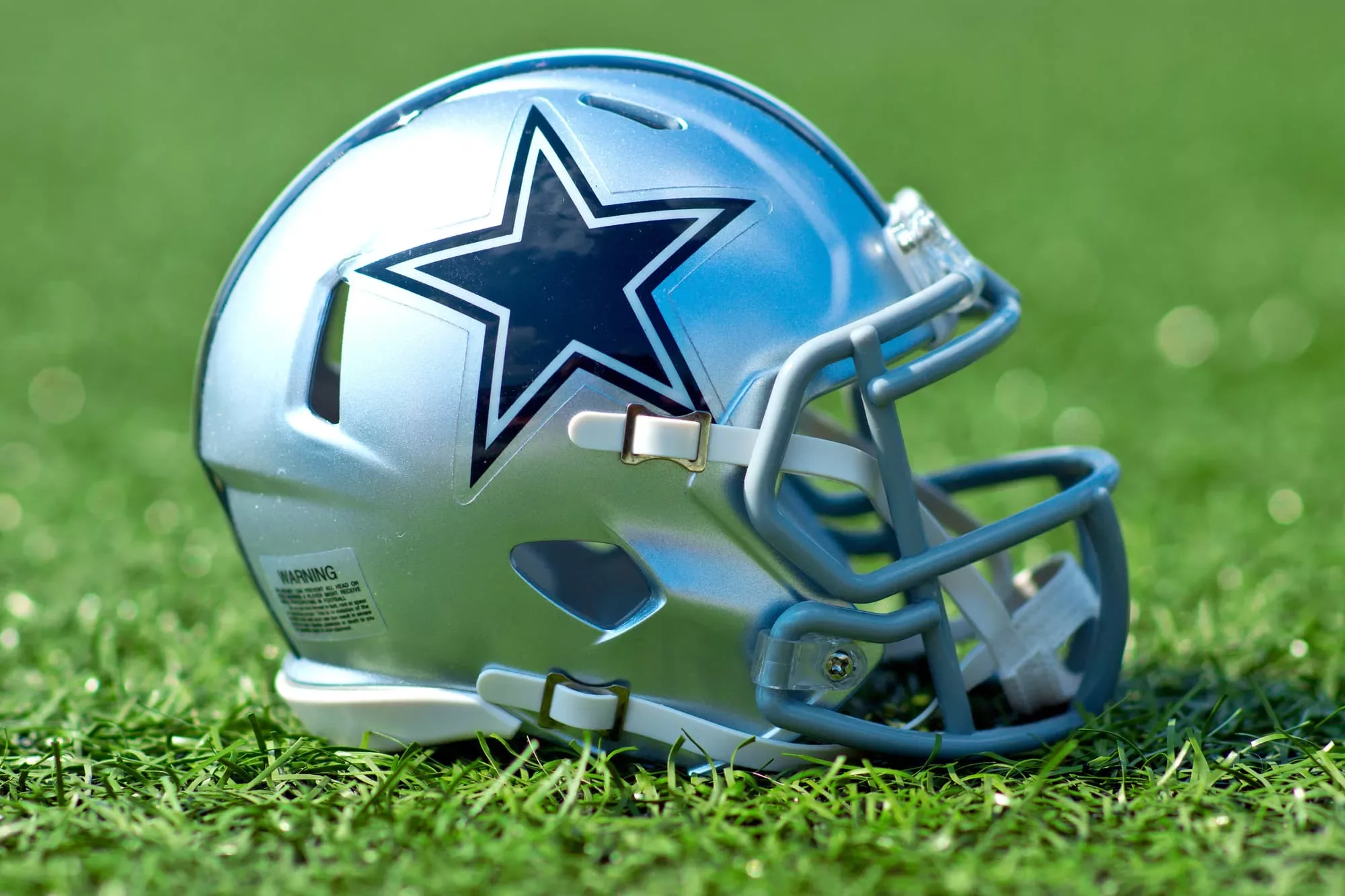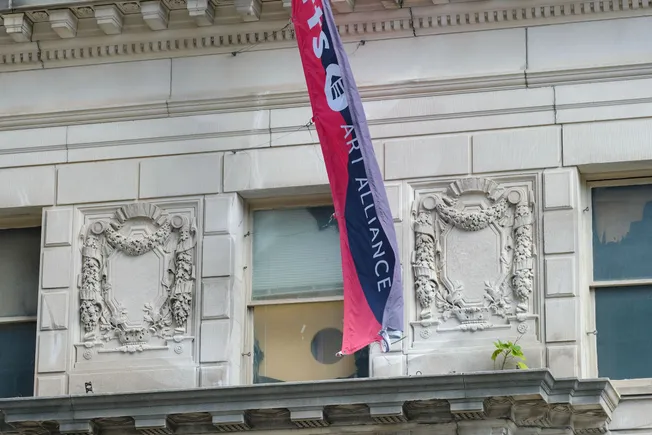Kerry Davis lost a fight she should have won and was walking through the netball crowds with Delicious Orie.
It was day seven of the boxing and Orie had not yet fought; Davis had lost her second fight and was out of the middleweight division. “I have beaten her before,” she said. “It’s not nice losing.” Orie was at her side, offering a shoulder. That’s a part of a fighter that is crucial in boxing, which is, trust me, a team sport at events like the Olympics and the Commonwealth Games.
Orie would win that night and win twice on the final weekend to join the list of super-heavyweight champions. He beat the type of men that all heavyweights have to beat at the Commonwealth Games; there is always a danger man, a strong Indian and an unknown swinger. Orie nullified the trio, jabbed and jabbed and kept smiling. There was, inside the perimeter, a fair amount of Orie fever, trust me.
Orie will feature in a lot of big nights going forward; Olympic qualifiers, the Olympics in Paris and then the pro game. Five of the last six super-heavyweight champions from the Games have so far been in close to forty big nights. That’s a number that demands attention. And, Joe Joyce and Frazer Clarke are not finished yet.
The winners and losers from Birmingham will become a massive part of the boxing business over the next ten years. The days of anonymous British and Irish teams, floating in, nicking a few medals and vanishing are over. The business has shifted and these fighters – men and women – are here to last.
Four years ago on the Gold Coast, the list of quality names extends beyond the medal table. Ben Whittaker never won a medal and in the last six-months he was at the centre of a hostile cash-war to win his services. I calculate that as many as fourteen English, Scottish, Welsh and Northern Irish boxers from the Games on the Gold Coast, are now unbeaten professionals. Sure, they will not all become pay-per-view attractions, but most – if not all – will feature in big televised fights. Sandy Ryan, I would argue, was in one last weekend.
However, because of the shifting weight categories at the Olympics, there will be early defections to the professional ranks before the qualifiers start for the Paris Olympics. It’s good news for the pros and bad, bad news for the amateurs. I’m still using amateur, by the way.
There are, by my calculations, as many as thirteen eligible dreamers currently spread over four weights inside the GB set-up; all have a realistic eye on Paris. Sadly, the thirteen will have to be reduced to just two. It is the most brutal cull in sport. It is a travesty and there is no easy solution, no simple way to have the welters, light-middles, middles and light-heavyweights fight each other behind closed doors in some type of sick rumble. Some will turn professional in the very near future, others will wait and see what happens; many have brutal decisions to make about losing and gaining weight.
There will now be an uneasy holiday for the GB selectors. They have a real headache. The fighters will have left Birmingham knowing that a medal at welterweight and middleweight means very little in the land of Olympic dreams; it is a place where tradition means nothing and both the iconic weights have vanished. As I said, it is brutal.
And the Olympics does matter. Forget the weary words from promoters, men desperate to take a fighter on a hunch before having to enter a bidding war for a kid with a solid medal after the Olympics. I had calls on Sunday night, asking for numbers. This is a cold game.
It will, I admit, make sense for some of the boxers from the Games in Birmingham to turn professional now and not waste a year or more dreaming. There is a core of six or seven boxers at GB, but even that core is not clear because of the mandated weight changes by the people in charge of the Olympic event. I believe that we are asking young boxers to take unhealthy risks to fit their bodies inside the new Olympic weights.
In 2009, the women were asked to fit inside three weights and at that time Natasha Jonas, Nicola Adams and Savannah Marshall did not easily fit in any of the new weights. They had time to adjust before the London Olympics; the British welterweights, light-middles, middles and light-heavyweights have far less time.
Delicious Orie can relax, his place is secure. He is now the clear number one super-heavyweight. He will, no doubt, still benefit from the old boys, the men before him with the medals. His idol, Anthony Joshua, will give him rounds, the men that helped shaped him over the last few years, Joyce and Clarke, will give him rounds. No super-heavyweight anywhere in the world will have the resources that are available to Orie. And he is a hungry kid. I talked to him minutes after winning the gold, looked in his starry eyes and could sense his wonder at the joys of winning that first major medal. “Wow, I loved that,” he told me. “That’s an addiction.” He is right and he is in the right place. He might, however, have to lend his shoulder to a lot of his friends before he fights in Paris.
It is a short journey to Paris, but for some of GB’s top boxers, it will be a heartbreaking and difficult journey and it will end in failure outside the ropes for many.





















Discussion about this post